This Monday I co-facilitated a health talk on the importance of washing one’s hands during key times during the day, such as after using the bathroom and before preparing food, in addition to explaining the proper way to purify water and how to safely store it. This talk followed an hour of lectures given to restaurant operators here by our health/sanitation inspector, and a sanitation inspector in training.
The training was held in the “Salon de Usos Multiples” (Room of Multiple Uses) in the center of town, a somewhat Harry Potterish type name if you remember the Room of Necessity from the series of books. It even has a mural of mountains that surround the town.
The health inspector’s talk consisted of a very serious, straight-up, college-style lecture to this group of locals who were there to receive training needed for a license to operate their business. The audience was completely passive, and the lecturing tone was authoritative. While this style of imparting health information may be partially effective, especially for those who have already sat through hundreds, if not thousands, of hours of lectures in college, Peace Corps promotes the use of interactive charlas (health talks) here in Guatemala through the use of the ERCA model.
The E in ERCA is the Experience part of the health talk, which could be playing a song, a mini-play, or other activity, then participants Reflect on what happened in the activity, and then comes the Conceptualization when the important information is reviewed in a formalized manner, and finally the Application part wherein the participants can actually practice using what they learned.
I began my talk by asking the audience if I should wash my hands before eating lunch even though they looked clean, and then I showed a video in Spanish of a boy who hadn’t learned about bacteria and why he needs to wash his hands before eating, after going to the bathroom and after playing with his pets (Experience). Then I asked the audience what they thought of the video (Reflection). Following this, I talked about the different steps of hand-washing, how to purify water and how to store it, with the help of the health inspector in training (Conceptualization). As we didn’t bring a basin to demonstrate hand washing, we played “hot potato” with a plastic ball and we asked the audience members various questions related to the health talk such as, “how many drops of Clorox do you need to put in a liter of water to purify it?” and “Why is hand-washing important?” (Application).
After seeing the group sit stone-faced for over an hour, being “lectured at”, it was actually a relief to see them smile and laugh when I played the video and used a song about hand-washing in Spanish for the “hot potato” game. I think that ERCA does work as often times I am doing a health-talk, I think that the audience “gets” the main message and key points, but when I do the Application part of the health talk, such as playing hot potato I realize that some folks weren’t actually paying attention! This probably shouldn’t be surprising as many of the adults in my town don’t have even a sixth grade education, and being in a classroom environment, even in an informal one such as in a health center waiting room, is something of a novel experience for them.
Here is a video of part of a socio-drama (mini-play) about a woman who has pain during labor, and ultimately died from complications directly related to her pregnancy due to the “Four Delays” or Cuatro Demoras in seeking medical attention in such a situation. This was part of a health-talk given in the ERCA style to a pregnant women’s group in my town. While most, if not all, of us might forget a dry college-style twenty minute lecture on the health warning signs in pregnancy, I think that most people would find it harder to forget a health talk that incorporates a mini-play such as this one!
Video of a Cuatro Demoras Sociodrama
I am working with another Peace Corps Volunteer, (PCV), Karli, on making a handbook of ready-made ERCA style health talks for use in health centers here. While many health care personnel here might interested in using ERCA to improve their health talks, the time required to design ERCA charlas and make the materials can be a barrier to using this effective method of adult education.
1,996 total views, 1 views today
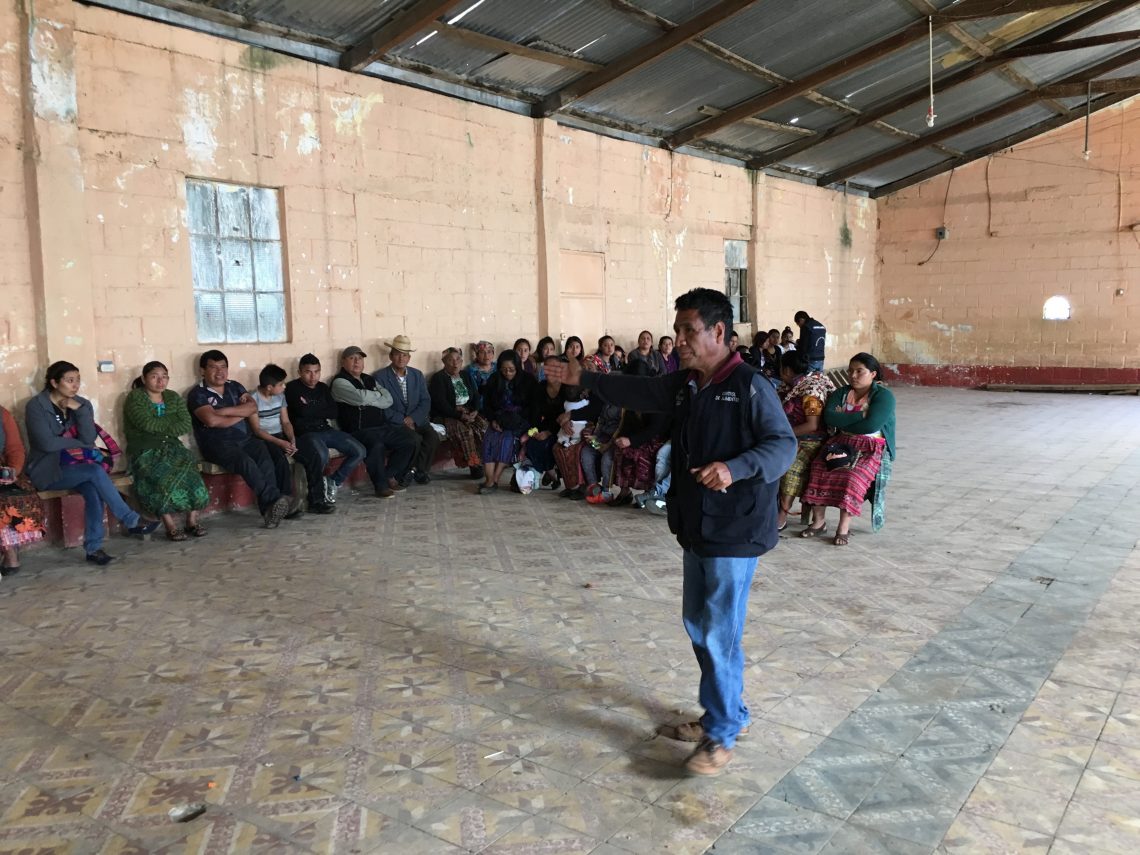
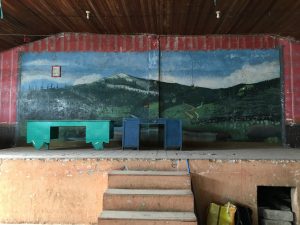
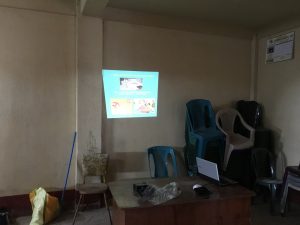
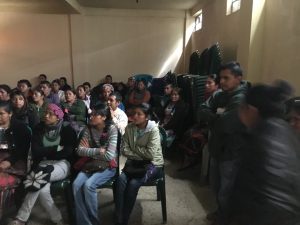


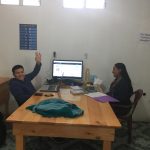
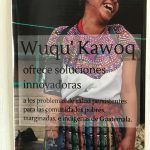

Comments by Mateo
Peace Corps Guatemala: Daily Activities 3: Women’s Group Handwashing Charla
Hi Emilio, I like your blog! I will send a postcard to ...